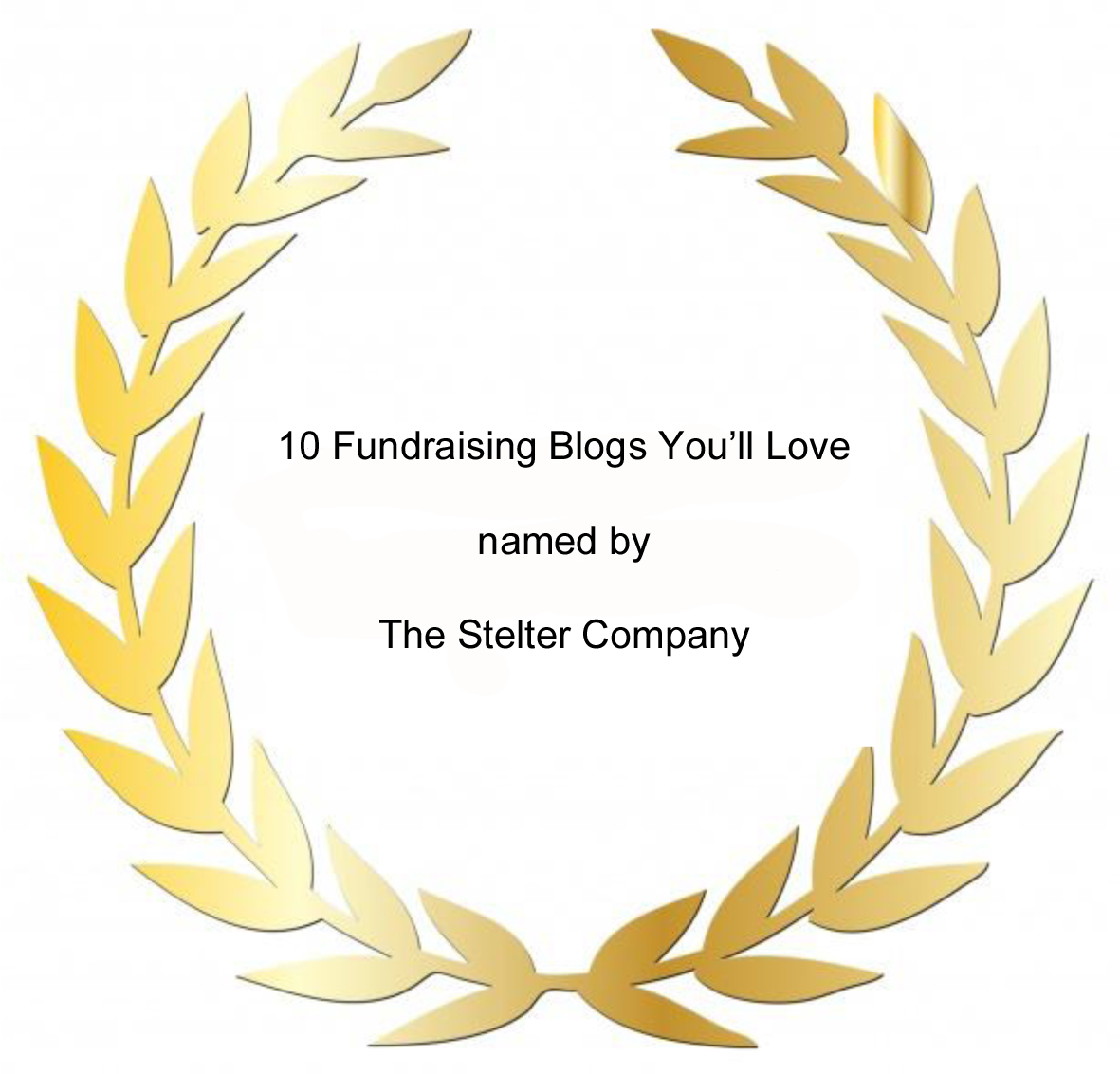It’s no secret that the coronavirus pandemic has caused death and economic destruction around the world. The nonprofit sector has not been immune from the ravages of COVID-19.
While some charities have held their own when it comes to fundraising, or have even managed an uptick, others have experienced a downturn. If the economy doesn’t fully recover, and quickly, all organizations may find fundraising more difficult in the months and years ahead. With a corresponding drop in earned income, the financial health of charities is in danger.
Richard Radcliffe is the Founder of Radcliffe Consulting based in the UK. He recently wrote a passionate article explaining how charities can ensure their financial health and security in the years ahead. Because he is kind and cares deeply about the wellbeing of the third sector, Richard has given me permission to share his wisdom with you:
Legacies are the “vaccine” for good, long-term financial health for your nonprofit organization.
Legacies are a security blanket, a treasure trove to dip into to GROW or to protect your charity in times of emergency.
 Individual giving does not build reserves.
Individual giving does not build reserves.
Trusts and Foundations give for projects.
Statutory funding is project or service-based.
Corporate funds are largely restricted or for dual interest.
What is there NOT to like about legacies? The answer is simple: It is wanting money NOW – rather like a baby screaming to be fed NOW.
Mahatma Gandhi said, “The future depends on what you do today.” But legacies are not gained today or tomorrow. And bad leaders only think of today whilst in their seats of power.
Investing in legacies is like dieting: “Great idea but let’s leave it for another day.” And then a pandemic hits and all hell breaks out. Furloughed staff, redundancies, reduction in services.
Good leaders are visionaries who plan to fulfill their charity’s vision and mission AFTER their own lifetime as leaders.









 fundraising sites, my blog continues to be ranked as a “Top 75 Fundraising Blog” –
fundraising sites, my blog continues to be ranked as a “Top 75 Fundraising Blog” – 